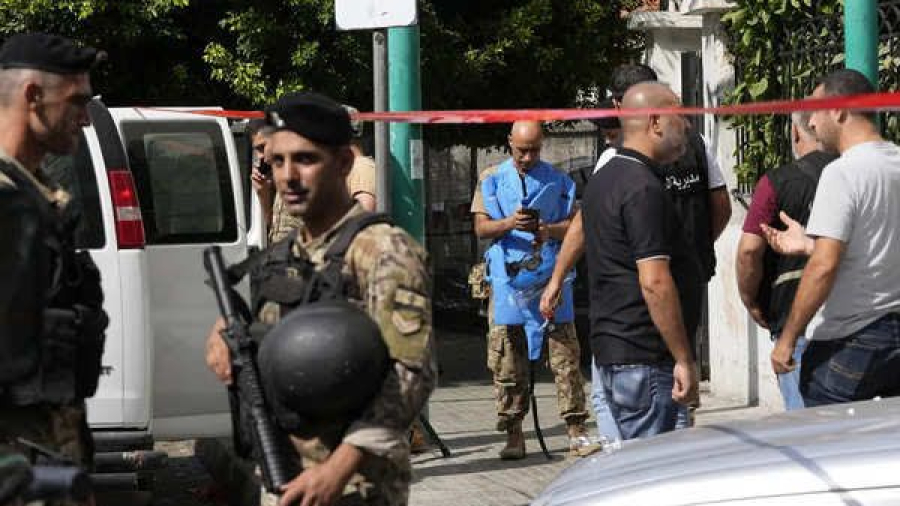Iran’s elite Revolutionary Guards Corps (IRGC) has ordered all members to stop using communication devices following a series of deadly attacks on Hezbollah in Lebanon last week, which saw thousands of pagers and walkie-talkies explode, according to two senior Iranian security officials.
The attacks resulted in the deaths of 39 people and injuries to over 3,000.
One security official revealed that a large-scale inspection of all devices, not just communication equipment, is currently underway by the IRGC. Most of these devices were reportedly either homemade or imported from China and Russia. Iran is concerned about possible infiltration by Israeli agents, and a thorough investigation into mid and high-ranking IRGC members has already begun, including scrutiny of their bank accounts and travel histories.
“These investigations will also involve their families,” the official added, speaking anonymously due to the sensitivity of the matter.
The attacks, which targeted Hezbollah’s strongholds in Lebanon, saw pagers detonate on Tuesday, followed by hundreds of walkie-talkies exploding the next day. Lebanon and Hezbollah have accused Israel of orchestrating the attacks, although Israel has neither confirmed nor denied involvement.
The IRGC, which consists of 190,000 personnel, is reportedly using end-to-end encryption in messaging systems as a temporary communication measure. Some of the exploded devices have been sent to Tehran for examination by Iranian experts, while Hezbollah has been contacted for technical assessments.
A second Iranian official expressed concern over the safety of the country’s nuclear and missile facilities, especially in light of previous sabotage attempts attributed to Israel. “There has never, ever been such tight security and extreme measures in place as there are now,” he said, referencing the increased security following the recent explosions.
The IRGC wields significant influence within Iran, with its own military branches and a strategic weapons program. Its overseas arm, the Al Quds Force, exerts power throughout the Middle East, supporting groups such as Hezbollah in Lebanon, Hamas in Gaza, and militias in Iraq.
While the Iranian military has developed domestic communication equipment to avoid reliance on foreign imports, especially under Western sanctions, it has previously sourced devices from China, Russia, and Japan.
The ongoing shadow war between Iran and Israel has escalated in recent years, with both sides accusing each other of sabotage and assassination. Tensions intensified in the past year, particularly following the Gaza conflict after Hamas attacked southern Israeli communities on October 7.
Israel has also been blamed for the assassinations of senior Hezbollah military commander Fuad Shukr and Hamas leader Ismail Haniyeh in July, although it has only confirmed its involvement in Shukr’s death. Iran does not recognize Israel’s right to exist, and both nations remain locked in a bitter conflict.
